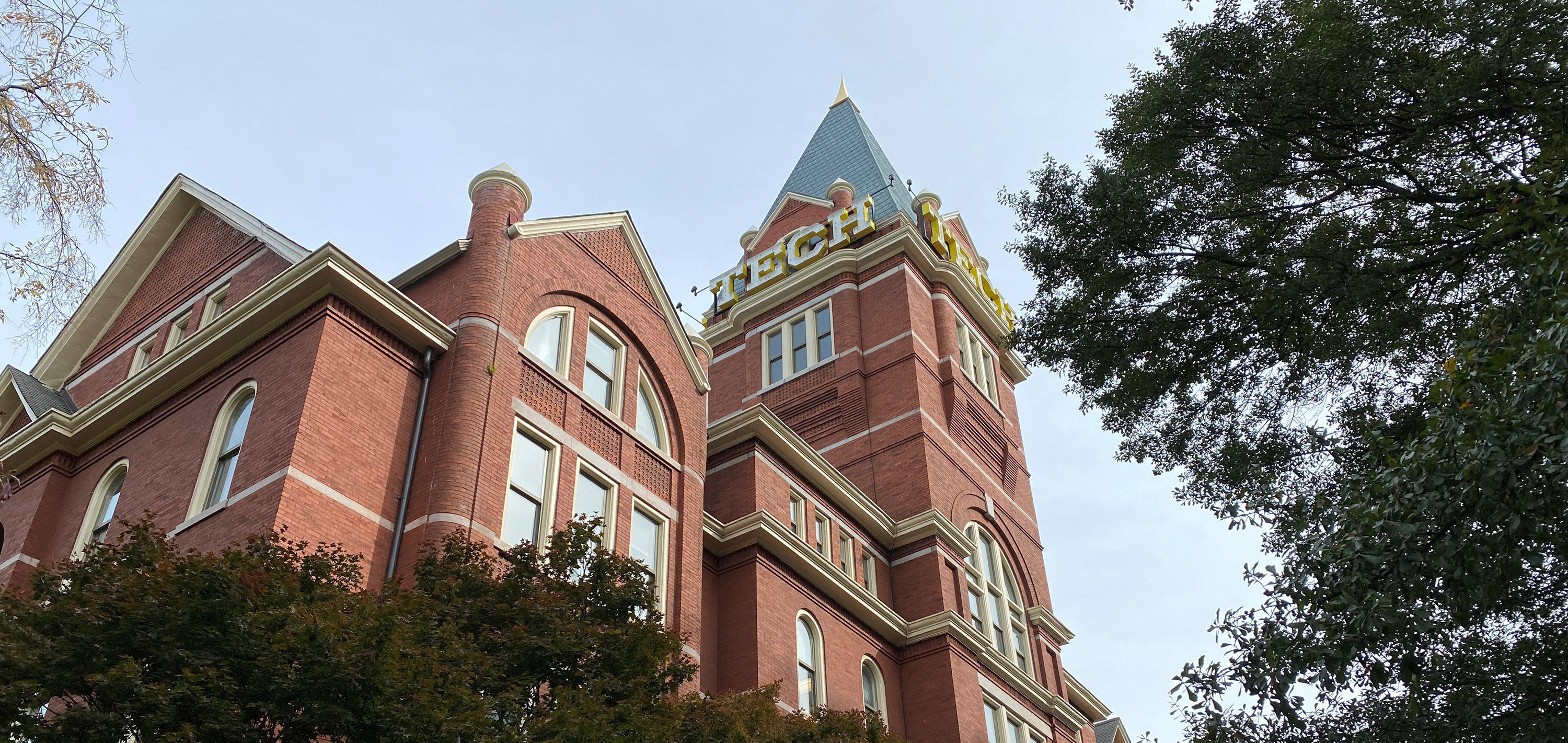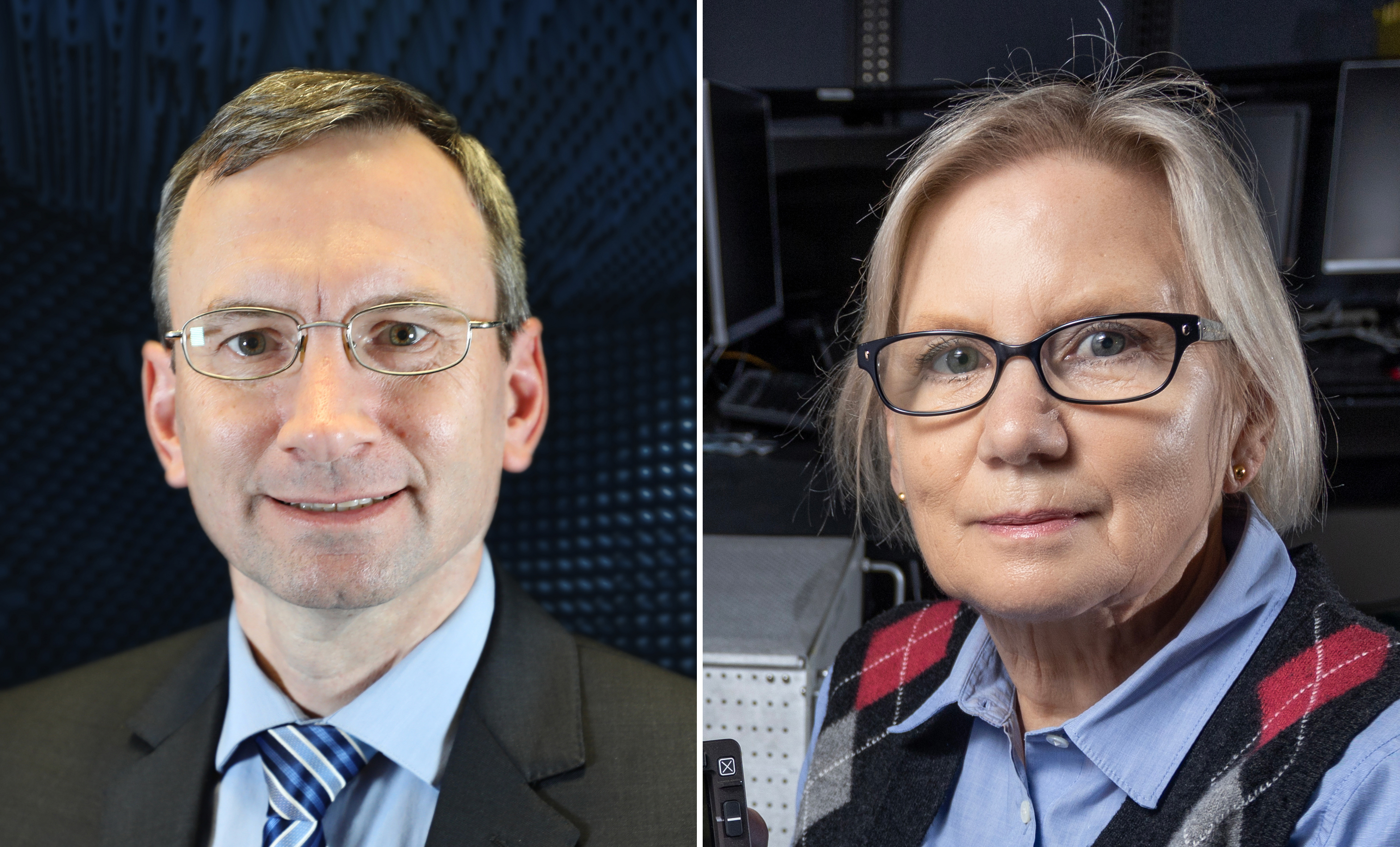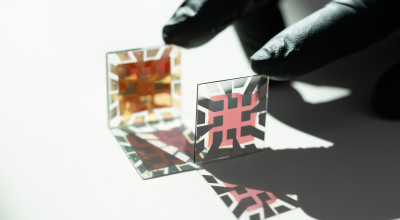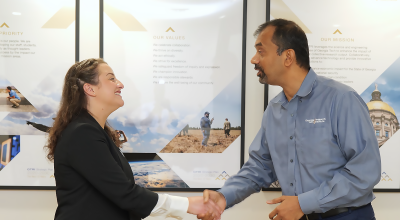
The University System of Georgia’s (USG) Board of Regents has awarded two GTRI researchers the title of Regents’ Researcher. The two are Doug Denison, director of the Advanced Concepts Laboratory (ACL), and Linda Viney, principal research engineer and chief of the Systems Integration Division in the Applied Systems Laboratory (ASL).

The USG may grant the Regents’ Researcher title to outstanding full-time principal researchers at Georgia Tech and three other University System research institutions. The title may be awarded upon the recommendation of the USG institution President, chief academic officer, and three members of the faculty named by the President, and upon the approval of the Chancellor and the Committee on Academic Affairs.
“GTRI’s Regents’ Researchers embody the best of technical excellence and make a profound impact, leading GTRI by example to achieve our mission to enhance Georgia’s economic development, secure our nation, improve the human condition, and educate future technology leaders,” said Mark Whorton, GTRI’s Chief Technology Officer.
Viney has been a member of the Georgia Tech research faculty for 25 years, serving as Division Chief for the Electronic Systems Integration Division in the Electronic Systems Laboratory (ELSYS), and now as Division Chief of the Systems Integration Division of the Applied Systems Laboratory (ASL). She holds master’s and bachelor’s degrees in Electrical Engineering from Georgia Tech.
Her research interests include the development and integration of new technologies for operational military aircraft, including multi-sensor fusion, automated threat countertactics, secure communications, and Live, Virtual, Constructive (LVC) electronic combat training. She has served as principal investigator (PI) or co-PI for more than 37 research programs valued at over $68 million, and in program development for securing funding of over $55 million.
Through her research in LVC training, she led the development of a range-less electronic combat training program for military aircrews known as the Virtual Electronic Combat Training System (VECTS), which has been fielded on the F-16, A-10, and C-130 aircraft. Viney also led the development of the Advanced Integrated Electronic Combat System (AIECS), a net-centric warfare solution that fuses information from electronic warfare sensors, tactical data links, and intelligence data to provide aircrews consolidated threat situational awareness and automated countertactics. AIECS is on a path for operational fielding on C-130H aircraft later this year.
Denison’s career at GTRI spans 23 years at ACL, where he served as Branch Head, Division Chief, Laboratory Chief Engineer, and Associate Lab Director before becoming director. He received a Ph.D. in Electrical Engineering from the Massachusetts Institute of Technology, and master’s and bachelor’s degrees in Electrical Engineering from the University of Alabama.
His primary research interests are in the areas of novel electromagnetic and radio frequency (RF) systems and numerical methods for the solution of electromagnetic radiation and scattering problems.
Denison has made contributions across a wide-range of topics in electromagnetics, including the numerical design of quasi-optical microwave mirrors to improve the efficiency of high-power gyrotrons that enable scalable tokamak plasma fusion reactors; full-physics simulation and genetic design of planar electrode RF ion traps for quantum sensing and computing; design, integration, and field characterization of advanced RF systems deployed on Department of Defense platforms; and theoretical and numerical methods for exploring the influence of electrostatic fields on protein binding in biological systems.
He is an author of 38 refereed journal articles and conference proceedings, and he has served as the Project Director/Principal Investigator on over $20 million in funded research from the Defense Advanced Research Projects Agency (DARPA), Air Force Research Laboratory (AFRL), and other government agencies in the national security space.
Viney and Denison are among 12 Georgia Tech faculty members receiving Regents’ Researcher, Regents’ Professor, Regents’ Entrepreneur, or Regents’ Innovator distinctions for the first time in 2023.
Writer: John Toon (john.toon@gtri.gatech.edu)
GTRI Communications
Georgia Tech Research Institute
Atlanta, Georgia

The Georgia Tech Research Institute (GTRI) is the nonprofit, applied research division of the Georgia Institute of Technology (Georgia Tech). Founded in 1934 as the Engineering Experiment Station, GTRI has grown to more than 2,900 employees, supporting eight laboratories in over 20 locations around the country and performing more than $800 million of problem-solving research annually for government and industry. GTRI's renowned researchers combine science, engineering, economics, policy, and technical expertise to solve complex problems for the U.S. federal government, state, and industry.



